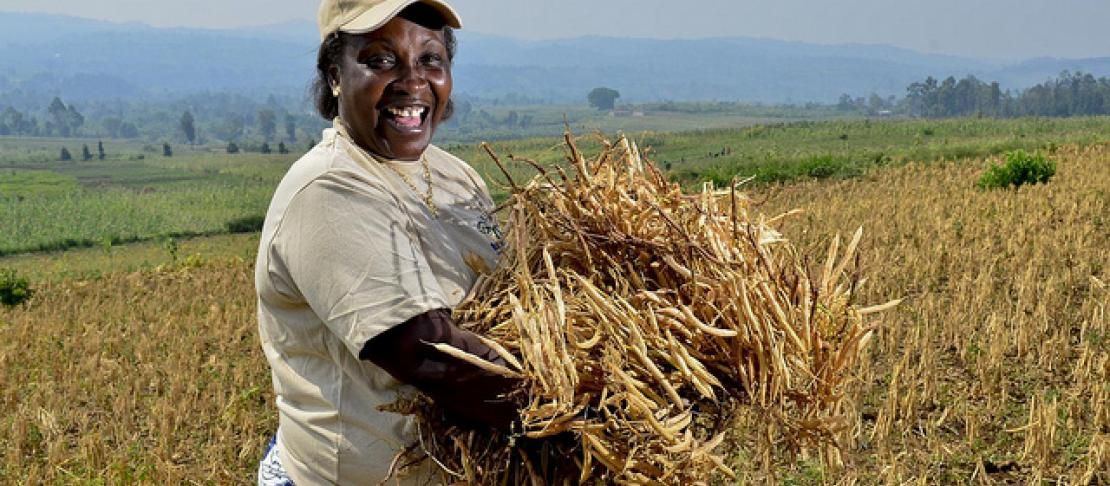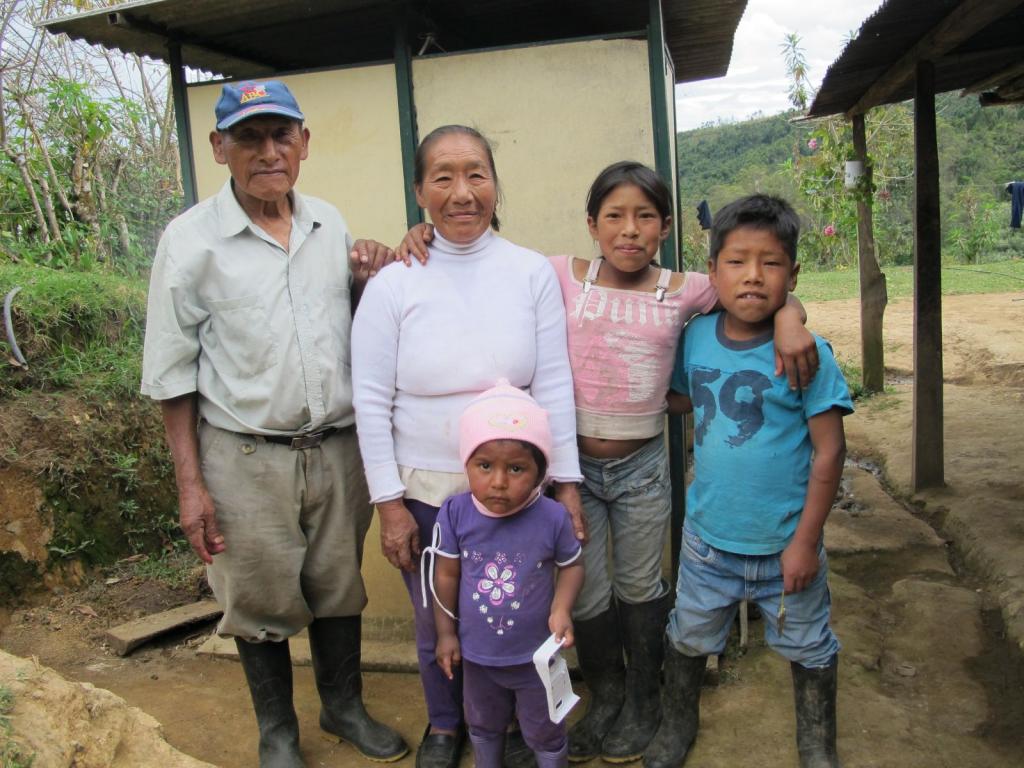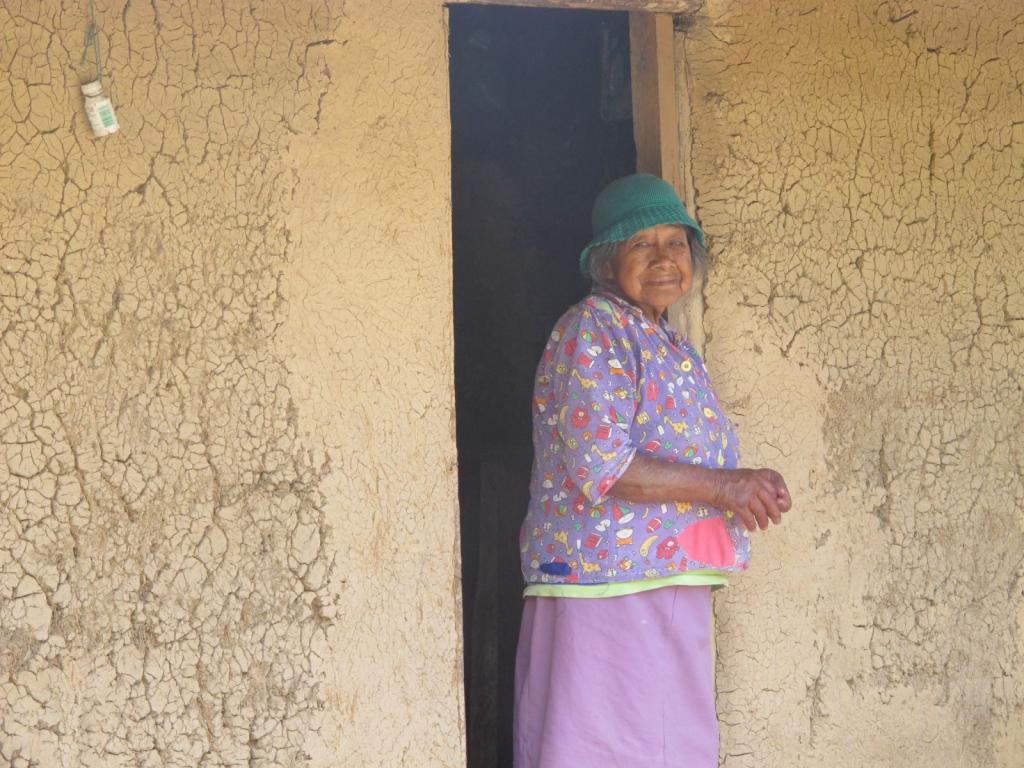Breaking through gender barriers one survey at a time

Only by interviewing men and women will we be able to identify gender differences in climate change vulnerabilities and in the adoption of climate-smart agricultural practices. Using intra-household surveys is an important tool to ensure that both perspectives are equally recognized and represented.
When including a gender perspective in research studies, it is important to fully understand the nature of both men and women’s roles in agriculture, particularly if that research is to inform national and international policy.
Traditionally, many policies have overlooked the important ways in which women contribute to agriculture. They were designed primarily to meet the needs of men, who were considered to be both head of the household and head of the farm. However, things are changing. Both policies and the research that informs them are increasingly recognizing the role which women play. But it is no easy task.
Read more: getting to the heart of gender issues in climate change and food security research
The first step is to ensure that researchers interview both male and female farmers when trying to understand issues surrounding agricultural production, rural livelihoods, ownership of assets, division
of labor, decision-making processes and the relationships between the members of the household.
Only by interviewing men and women will we be able to identify gender differences in climate change vulnerabilities and in the adoption of climate-smart agricultural practices.
Read more: How does climate-smart agriculture interact with gender in real communities
Intra-household surveys are an important tool to ensure that both perspectives are equally recognized and represented. By doing the same survey separately, the researcher creates a secure space in which women and men can talk freely and express their perceptions and ideas.
However, as the experiences of the Gender Dynamics in the Adoption of Climate-Smart Agricultural Practices project in Cauca in Colombia, done via CGIAR Research Program on Climate Change, Agriculture and Food Security (CCAFS) and the International Center for Tropical Agriculture (CIAT) show that success comes one survey at a time.
Some immediate challenges when conducting surveys
The first challenge is finding a time of day when both spouses are at home. This becomes even more difficult when trying to coordinate several intra-household surveys in the same day in order to scale-up the size and significance of the survey.
Often, we found that one spouse was either working, buying or selling in the market, or running some other errand outside of the house. This required us to either come back another day or move on and accept that it was not possible to get both perceptions.
What’s more, while from our perspective, Saturday proved to be the best day to carry out intra-household surveys as both spouses were normally home. From the farmers’ perspective, understandably, taking time out to talk to researchers on a Saturday, a day of rest, was not always their first choice.
Bringing gender-questions into the households - not as easy as it looks
Even when both spouses are home, doing intra-household surveys is not always straightforward. Traditional gender sensitivities can still present barriers and it was challenging trying to explain the importance of getting both perceptions and why we also wanted to interview their wives.
In some cases, husbands openly expressed their apprehension about us asking their wives questions, in other cases; we were simply told that their wives were sick and unable to answer the questionnaire.
Handling these kinds of situations requires delicate navigation as we did not want to create any conflicts or force the participation of both spouses. Our first tactic, which was to admit that we could only interview one head of the household, often resulted in us only interviewing the male head of household.
After a considerable number of these cases, we decided to change our strategy. We explained to our local guide the importance of doing intra-household surveys to meet our research goals and asked her to help us introduce the idea in a way that was culturally sensitive.
In this region of Cauca the concept of gender is not widely understood and generates a certain degree of apprehension, however our local guide helped us to lessen people’s worries by moving the focus from gender to the concept of family roles. This strategy turned out to be highly effective and we significantly increased the number of successfully completed intra-household surveys.
Read more: Experiences investigating gender attitudes in Bangladesh

The last challenging part of intra-household surveys comes during the analysis.
It is common during this process to find incongruences and inconsistencies in some of the data and it becomes difficult to establish the “real” values for some of the more quantitative data.
Some of these discrepancies (i.e. the number of cows or different crops grown in the household) were easily verified with a farm visit that we conducted prior to the surveys specifically to deal with these kinds of disparities. However, for other discrepancies, such as ownership of the different plots, verification of the data becomes more difficult and public records need to be consulted. Notwithstanding all these challenges, our preliminary analysis of the intra-household surveys conducted so far has revealed interesting results that makes overcoming these difficulties all worthwhile.
Results from the surveys will be revealed on our blog later this year - stay tuned!
CCAFS has a deciated team investigating gender and equity issues in relation to climate change, agriculture and food security. Click here to explore their activities.
Want to learn more about how to conduct gender-sensitive research? Get our Gender Training Guide, recently updated and translated into French and Spanish: Expanding the scope of gender and climate research
Mariola Acosta is a visiting researcher from The International Centre for Tropical Agriculture (CIAT) Gender Team. She is currently working on the CCAFS-CIAT project of Gender Dynamics in the Adoption of Climate-Smart Agricultural Practices in Cauca (Colombia).




